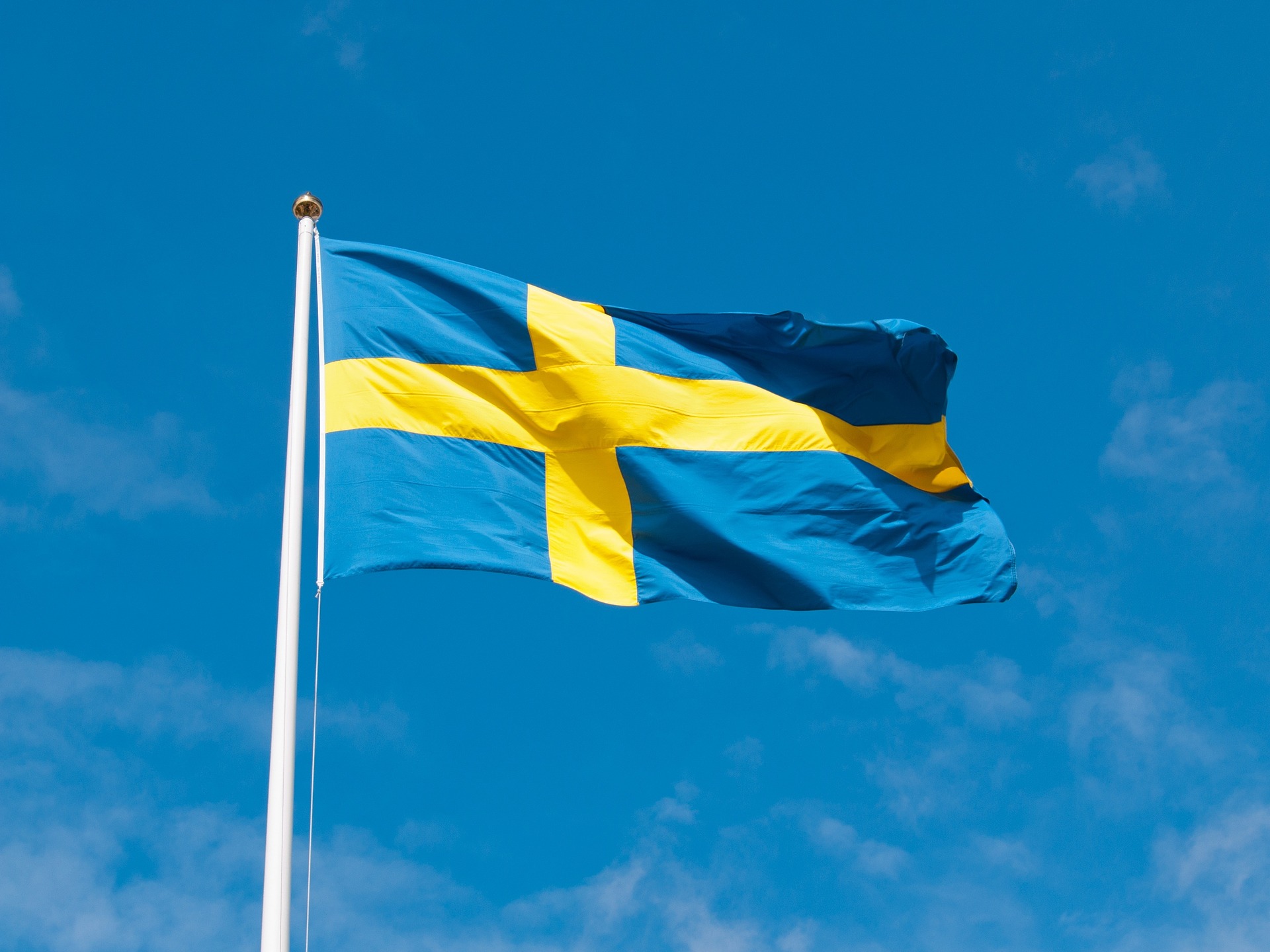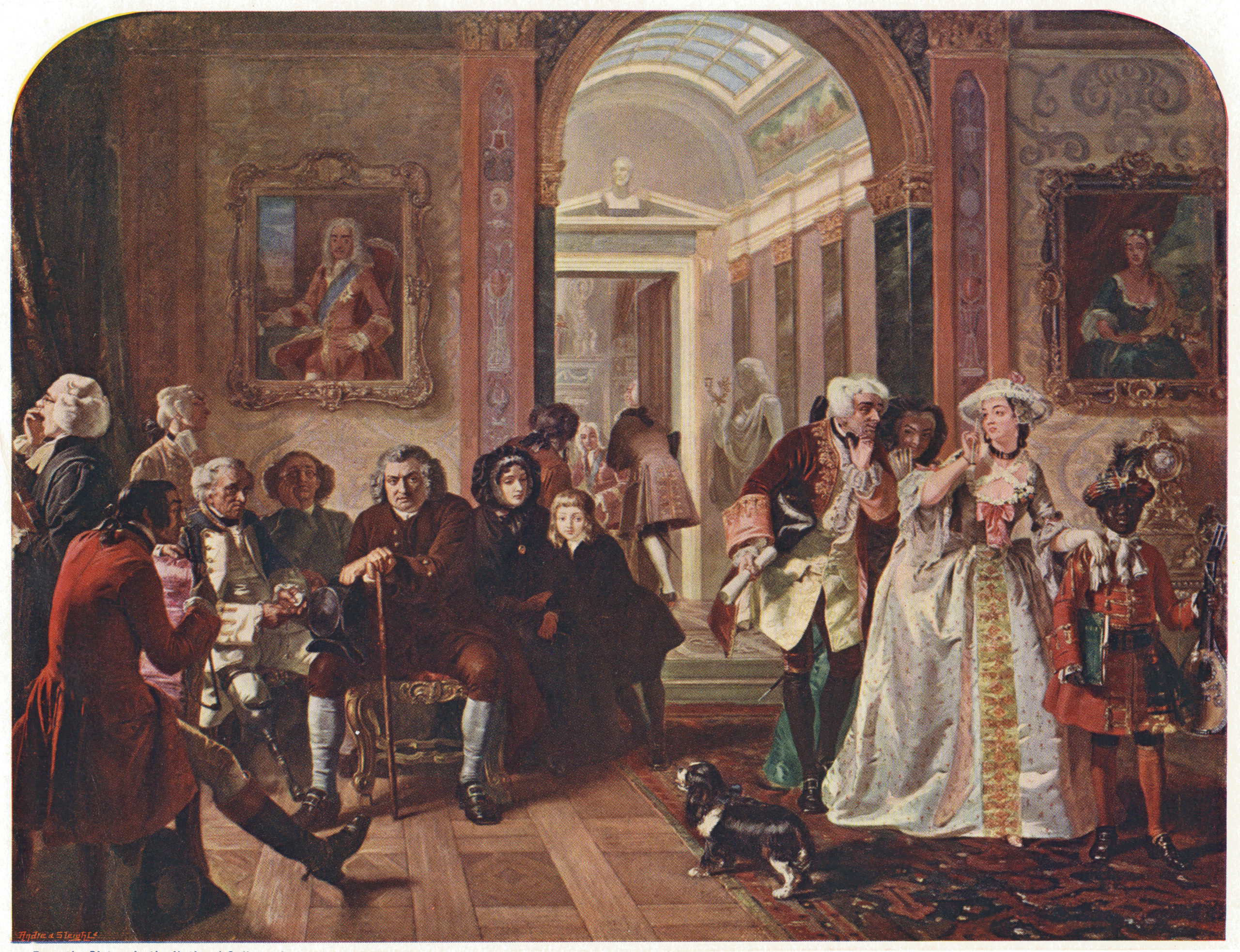

RECOMMENDED READING
Forget American exceptionalism. Tiny social democratic Sweden is the country that embodies humanity’s future in the eyes of much of the global liberal left. A generation ago, the liberal economist Robert Heilbroner famously described his utopia as “a slightly idealized Sweden.”
Now, the Niskanen Center’s Samuel Hammond has tried to draft Sweden for the libertarian team. According to Hammond, Sweden is a model of the “free-market welfare state,” which combines libertarian economic policies in trade, immigration, and labor market deregulation with high levels of social insurance to cushion the blows to those who lose out from free market competition.
Hammond justifies his description of Sweden with a four-fold typology of economic regimes, in which the horizontal axis contains “Anti-Market” and “Pro-Market” and the vertical axis “Pro-Transfer” and “Anti-Transfer.” This provides four ideal-typical regimes: Pro-Government (anti-market/pro-transfer), Reactionary Populism (anti-market/anti-transfer), Anti-Government (anti-transfer/anti-market), and Free-Market Welfare State (pro-market/anti-transfer).
He describes the Anti-Government model as traditional libertarianism and the Pro-Government model as social democracy. Reactionary populists, meanwhile, “leverage resentments against foreigners and other perceived ‘takers’ to justify restricting transfer programs, closing the border, and intervening in the economy to the benefits of particular firms or interest groups.”
Hammond warns that “measured economic freedom in the US has been slowly declining in recent years, and under the influence of an emboldened ‘nationalist’ wing of the conservative movement, there’s a risk that the trend will accelerate towards the reactionary-populist quadrant.”
Sweden’s “free-market welfare state” model, which allegedly combines libertarian economics with generous after-tax redistribution, shows the world how to escape the trap of reactionary populism, according to Hammond:
When social insurance states like Sweden ventured down the path of market interventionism, they nearly killed the goose that laid the golden egg, making their generous spending programs seem unaffordable relative to (off-budget) command-and-control regulations. It’s a vicious cycle that, absent liberalizing reforms, leads down the road to serfdom, as has tragically happened in Venezuela.
While it is true that Sweden adopted some neoliberal reforms after an economic crisis in the early 1990s, Sweden is not, and never has been, a free-market welfare state. Sweden remains one of the world’s most corporatist regimes, with high levels of unionization and highly regulated labor markets. In 2016, University of Greifswald Professor Detlef Jahn classified Sweden as the second most corporatist country in the world, following Austria and leading Belgium, the Netherland, Norway, Germany, and Finland.
A slightly liberalized but still union-dense regime with an important role for collective bargaining in wage-setting is not a “free market” economy—at least not where labor is concerned. Writing in Politico about Amazon’s attempt to open installations in Sweden last year, Melissa Heikkilä notes: “Amazon’s turbo-capitalism corporate culture goes against the grain of Sweden and the rest of the Nordic countries, which pride themselves in their strong labor unions and sustainability.” She goes on: “The Swedish labor market is regulated by collective agreements between companies and unions, giving workers plenty of power over corporate decisions. Approximately 70 percent of Swedish workers belong to a union.”
Almaz Zelleke argues that the link between a generous welfare state and strong, if not rigid, forms of organized labor is the norm, not the exception, writing that “other European nations with larger and more diverse populations than the Nordic nations have managed to provide universal healthcare and education, child allowances, and good public infrastructure to their citizens without Sweden’s bilateral labor negotiations or solidaristic wage policy, but they have done so in conjunction with other kinds of coordinated labor and economic policy—a very inflexible labor market (in the case of France) or firm-level co-determination (in the case of Germany), for example [emphasis added].”
Despite the close links between high unionization rates and welfare state generosity in Sweden and the other Nordic social democracies, Hammond mentions unions and collective bargaining in his essay only in passing.
In the case of Chile, Hammond concedes that the country only maintained “an open, liberal market regime” (compared to Allende’s radical Marx-influenced statism) because it “also expanded collective bargaining and labor rights.” In other words, Chile’s economic liberalization survived only thanks to an increase in “corporatist” collective bargaining—which made the country less of a free-market welfare state!
Hammond shrewdly observes that the decline of union membership in the U.S. may have encouraged the proliferation of often-ludicrous licensing requirements for traditional working-class occupations. This is plausible but irrelevant to his argument. After all, the purpose of licensing restrictions, unionization, high statutory minimum wages, and restrictions on the amount of immigrant labor is the same: to raise the wages of workers in particular sectors or in general by rigging labor markets—reducing competition among workers while forcing employers and consumers, directly or indirectly, to pay higher wages.
What does social insurance have to do with higher wages? At best, lengthy periods of unemployment insurance can allow unemployed workers to hold out a little longer while searching for jobs with higher wages and benefits (the “reservation wage” theory). But the labor market changes that libertarians seek—eliminating unions, lowering licensing requirements, eliminating the minimum wage or allowing it to be eroded by inflation, and flooding particular labor markets with skilled or unskilled immigrants, depending on the sector—tend to lower wages. That is the whole point. Libertarians think wages in many economic sectors in the U.S. are artificially high and want to eliminate impediments to competition that can drive the wages of allegedly overpaid workers down to their “natural” or “efficient” levels.
To be sure, champions of the free-market welfare state may argue that workers will not lose overall income in their system, even if deregulated markets drive down the wages they are paid by their employers. In all modern economies, most workers have at least two sources of income: wages from employers and the “social wage” provided by taxpayers, in the form of in-kind benefits or the flexible cash assistance that pro-social insurance libertarians prefer. In the free-market welfare state, if I understand the argument, higher levels of social insurance and social assistance would compensate for the further decline in wages of many workers that will result from the anti-union, anti-licensing, anti-minimum wage and high-immigration policies of the same free-market welfare state.
A low-wage, high-transfer economy is a good deal for employers, who can offload more of the costs of a worker’s subsistence to taxpayers. A low-wage, high-transfer economy is also a bargain for consumers, who can enjoy lower prices thanks to the low wages earned by the producers of the goods and services they consume. However, it is not clear why taxpayers in general should subsidize employers and consumers of low-wage labor in this way, rather than support policies to keep taxes somewhat lower by rigging labor markets through various well-designed (if “reactionary” and “corporatist”!) interventions that ensure that those who benefit the most from a worker’s labor—employers and consumers—pay more of the subsistence costs of the worker. The low-wage, high-transfer, free-market welfare state privatizes the benefits of less-protected, lower-wage labor for employers and consumers, while socializing the costs.
Speaking of immigration: Hammond argues that generous social insurance benefits that take the form of “universal programs are particularly adept at reducing the demand for parochial interventions, and, when linked to prior contributions, can even mitigate the backlash against immigration.” The theory that a generous contributory welfare state can reduce popular resistance to high levels of immigration is interesting—but it is certainly not supported by Sweden’s experience. On the contrary, large-scale immigration has produced a powerful populist, restrictionist backlash in the “free-market welfare state” of Sweden that is no different from the similar voter revolts that are reshaping politics in the U.S., Britain, France, Germany, Italy, and other countries with a wide variety of social insurance systems.
Sweden was most generous to foreign refugees and immigrants when it had a highly homogeneous population and little immigration. But now, according to the Migration Policy Institute, in response to an influx of refugees from the Balkans and more recently Syria and the Middle East, the Swedish government has moved in a restrictive direction: “Since 2016, access to benefits such as free housing and a daily allowance have been eliminated for failed asylum seekers or those who have received expulsion orders, as well as those who have ignored the deadline for voluntary return.”
In a September 2020 report, “Sustainable migration policy for the long term,” Sweden’s Cross-party Committee of Inquiry on Migration proposed further restrictive immigration measures: “[P]ermanent residence permits should only be granted to aliens who meet the requirements of Swedish language skills and civic knowledge, who can support themselves, and where there is no doubt, with regard to the alien’s expected way of life, that a permanent residence permit should be granted.” Just last month, the Swedish government—a center-left coalition of Social Democrats and Greens—asked parliament to enact these restrictive immigration measures, a move that Euronews described as “a U-turn towards a stricter policy on immigration.”
Denmark is another country that neoliberals and libertarians point to as one that reconciles free markets with generous social insurance. But consider this Deutsche Welle headline from March of this year: “Why Denmark is clamping down on ‘non-Western’ residents.” According to the story: “The Danish government plans to swap a controversial law targeting immigrant neighborhoods for another that cracks down harder.”
As for New Zealand, another country that Hammond cites as further along the road to the free-market welfare state ideal than the U.S., a 2017 Wall Street Journal headline reads: “Kiwis First: New Zealand Cracks Down on Immigration.”
The closer you look at Hammond’s examples of free-market welfare states, the more “corporatist” and “reactionary populist” features—from unionization to increasing restrictions on immigration—become apparent. Post-labor progressives and their new allies among pro-social-insurance libertarians are free to search the globe for a country that embodies free trade, high immigration, deregulated labor markets, and massive redistribution of income. But the fact that neither Sweden nor any country resembling that ideal can be found anywhere on earth suggests that the free-market welfare state is an ever-receding, ever-vanishing mirage.
Recommended Reading
Realignment Conference: The Future of Populism
American Affairs’s Julius Krein, American Compass’s Wells King, and the Niskanen Center’s Samuel Hammond discuss the new right, populism, and the debate over neoliberalism.
Oren Cass Calls Out Libertarian Who Thinks Harvard Shouldn’t Pay Food Workers
American Compass’s Oren Cass talks about extraordinary measures the government needs to take in the economic crisis to generate growth and prosperity for the future.
The Deliberalizing Imperative
The New Right, which stands for nothing if not resuscitating a long-moribund communitarian- and nationalism-inspired strand of conservative thought, is not per se “illiberal.”












